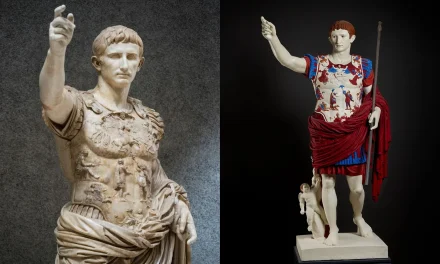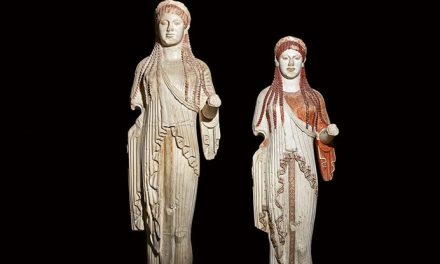Ledarskapets Betydelse
The Timeless Values of Justice and Integrity
Leadership Lessons from Ancient Greece
Inner Strength in Leadership
Resilience in Times of Crisis
I antikens Grekland var ledarskap mer än en social eller politisk ställning. De grekiska filosoferna, som Sokrates, Platon och Aristoteles, talade ofta om ledarskap i termer av dygder och moral. Enligt Aristoteles var en god ledare någon som strävar efter areté – en hög moralisk och intellektuell excellens – och som agerar för det allmänna bästa. För Platon var en ideal ledare en filosof-kung, en person med både visdom och rättvisa, som var kapabel att fatta beslut med både förnuft och medkänsla.
En annan central aspekt av ledarskap i antikens Grekland var begreppet eudaimonia, vilket betyder ”mänskligt blomstrande”. En ledare skulle sträva efter att skapa ett samhälle där individer kan nå sin fulla potential och leva i harmoni med sig själva och med andra. Detta innebar att ledarskap inte bara var en roll för att styra, utan en position för att stötta och inspirera individer till att leva ett gott och rättvist liv.
Kopplingen till Ledarskap i Modern Tid och USA-valen
I det moderna samhället är ledarskapets värderingar fortfarande lika viktiga. I USA, som står inför ett nytt presidentval, är frågor om ledarskapets karaktär och värderingar centrala. De kommande valen är en påminnelse om att en ledares karaktär och etik påverkar inte bara landet utan hela världen. USA
president är en av de mest inflytelserika ledarna globalt, och valet av ledare påverkar diplomatiska relationer, ekonomisk stabilitet och internationell säkerhet.
När vi bedömer kandidaterna är det viktigt att tänka på de ledarskapsideal som antikens greker betonade – rättvisa, integritet och ansvarstagande. En ledare som bara strävar efter makt eller personliga intressen riskerar att förlora folkets förtroende. Antikens grekiska tänkare betonade att en ledares främsta syfte bör vara att tjäna andra och att stödja samhällsförbättring snarare än att endast uppnå egna mål. Det är ett tidlöst perspektiv som är särskilt aktuellt nu när amerikanska väljare står inför valet mellan olika kandidater och deras olika värderingar och visioner.
Timeless Ideals of Leadership
Vikten av Rättvisa och Integritet
The ancient Greeks revered leadership qualities that remain relevant today, particularly in the realm of political decision-making. Justice, for instance, was seen as a fundamental virtue, ensuring that leaders made decisions that were fair and beneficial to all. This principle is crucial in modern politics, where equitable policies can unite rather than divide.
Integrity, another cornerstone of Greek leadership ideals, emphasizes the importance of staying true to one’s values. In today’s complex political landscape, leaders who maintain their ethical compass can navigate challenges with moral clarity. As we evaluate our leaders, these timeless ideals offer a framework for choosing those who will guide us toward a just and prosperous future.
Ledarskapets Inre Styrka och Motståndskraft
Leadership also requires inner strength and resilience, especially in times of uncertainty and crisis. The ancient Greeks saw strength as more than physical force; it was about perseverance and the ability to face adversity without giving up one’s values. During a presidential election, especially in a polarized political climate, these qualities are critical to leading with stability and holding together a community that can be divided in opinion.
As we look forward to the election results, it is crucial that we reflect on the qualities that we consider important for a leader. In a time of global uncertainty, a leader is required with the courage to stand firm for justice and integrity, and with the strength to deal with the challenges facing the world.
Leadership is more than just a position – it is a responsibility to shape society and guide it towards a better future. The ideals that the ancient Greeks developed around leadership are timeless and still provide us with important insights as we assess and select our leaders. As we look toward the upcoming US election, it is a chance to consider these ideals and to ask the question: what kind of leaders does the world need today?
By adopting the leadership values of the ancient Greeks, we can be inspired to seek leaders who are not only competent but also ethical, just and devoted to the common good. This is an opportunity for society to highlight the timeless values that have shaped civilizations and that can still create a sustainable and just future.




